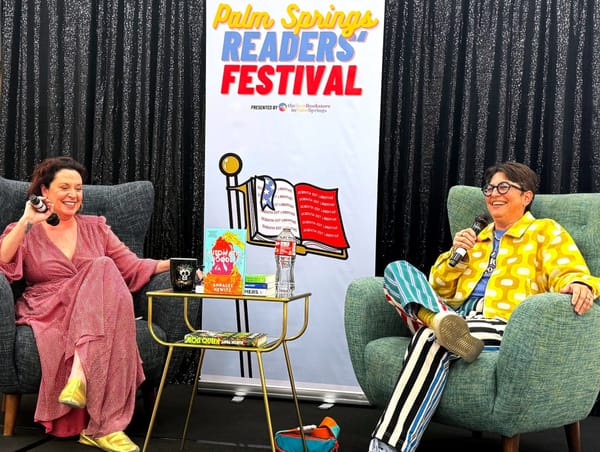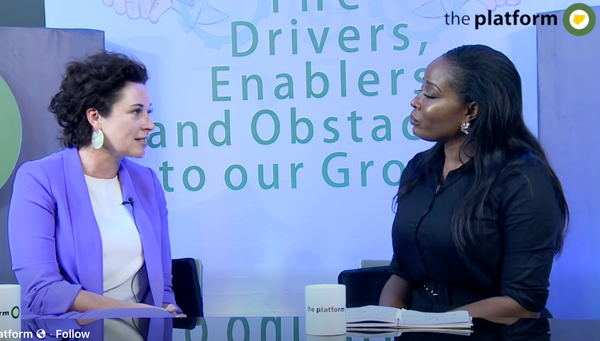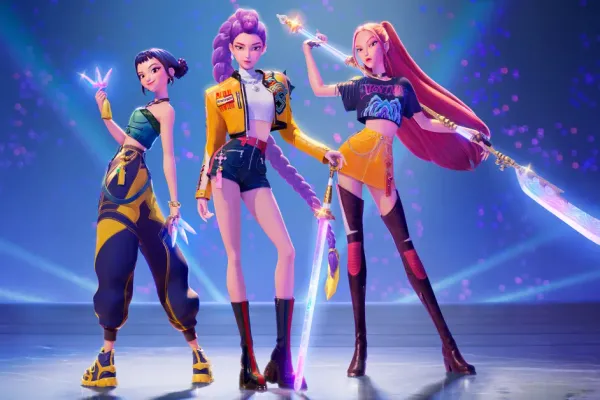This is what no one in publishing wants me to tell you. (Even me)

I write a lot in this space about the BS that other people will tell you about the book business.
I’ve also written a lot about PLATFORM, which everyone will tell you that you need in order to sell a book. That is not BS.
You do need a platform, and here’s why: For a non-fiction book, they are already taking a risk on your ability to write it, and they shouldn’t also have to take a risk on your ability to hustle and sell it.
If you are a business person, and you don’t have a platform at all, it’s a sign you aren’t a hustler. Maybe you haven't had to before. Or you don't want to. So why will you now?
I know I say this stat all the time: Only 6% of people who write proposals get deals. I say this all the time because it’s crucial to understand.
When people don’t get agents or deals, they often look at what they’ve written and say, “But this is at least as good as things I’ve read before!”
That is probably true, but it's also irrelevant. Because unfortunately that isn’t the bar.
No one is comparing you to what they published before and thinking, “Well, this is as good as that other book, so it does deserve to be published. Let's just say yes!"
They are looking for any reason to say no. Anything at all. Because they have to say no to 94% of things that come across their desk. They say no to things they LOVE all the time.
Let me paraphrase the "good" rejections I’ve seen just in the last year:
We absolutely loved the writing in this proposal. I had no idea this was something going on in the tech industry and was absolutely riveted. [THIS AUTHOR] is an amazing story teller, and I’m a huge fan of their work. We had a lot of internal discussion about it. However, at the end of the day, we just felt like this story would be better served as a magazine cover than a book.
Thank you so much for sharing this. I couldn’t put this down. The story telling in this was so incredible. And there is no better person to tell this story. But ultimately, I felt like the author could decide whether they wanted this to be a memoir or a business book. It just felt like they weren’t totally clear which book they wanted to write, so we feel like we have to pass.
I love this proposal and can’t wait to read this book when it comes out. I agree, I think this phenomenon is huge and the audience for this will be massive, and the author has done a great job identifying exactly who it is for. I think the approach of framing it with [SPECIFIC FRAMING HERE] is genius and exactly what will draw the reader in. But I think for [SPECIFIC UNIVERSITY PRESS] that approach isn't academic enough. If I were at any other publisher, I would absolutely make an offer on it.
I couldn’t put this down and am already starting to apply the lessons from this in my life. Unfortunately, we already acquired two books similar to this. I wish we hadn’t, as this one is so strong. But here we are. Thanks for sharing.
We absolutely love this. Unfortunately, we know it is going to sell for a lot of money, and we don’t think we’re going to have the budget to compete for it in the market, so we are going to reluctantly pass.
I love this project so much and couldn't put it down. But given the author and the demographic, as a white male editor, I just don’t think I’m the right person to add value on this project.
I've been waiting for a project like this to come along. But unfortunately, I just couldn't get the sales team on board, so I have to pass. Thanks for sending!
I could go on.
These people aren’t just sugar coating, because I also see very direct, harsher rejections too. They come to the agent not the author, and there is no reason for publishers to pull their punches with an agent.
They have to say no if they find any reason to say no, because they can only say yes to so many things, and they don’t know what might come in tomorrow.
So you having a large platform really helps them get to a "yes." Because they can tell themselves, “OK, at least this person will be able to sell copies.” It’s an empirical reason to say “here’s why I picked this one” and be able to sleep at night. And it's the easiest way for an editor to get the sales team on board if they fall in love with a project. "Not getting the sales team on board" is where a lot of deals go to die. (Or extra zeros on advances go to die.)
A platform is the best way to bulletproof that.
But while you will have a MUCH EASIER TIME selling a book and you will get a MUCH LARGER DEAL if you have a huge platform, here is what I will tell you that almost no one else does. You do not have to have one. I'll go bigger and more contrarian: You do not have to have a huge platform to get a six figure book deal.
I have heard agents tell clients of mine in the last month that they will “never” get a deal without a platform. Categorically. Sorry. Be someone else.
And then I’ve watched as two of my clients have gotten six figure deals without huge platforms.
I am caveating this— because it is rare. I should probably not write this post. Agents and editors and collaborative writers everywhere all just cursed my name. Please do not hear this as: Don’t work on your platform, because you absolutely should. Everything will be easier.
But it can be done.
You just have to have an amazing book and an amazing proposal that conveys that book and anticipates all the possible commercial objections; and most of all really really know your hook and your audience.
In lieu of a platform, these authors both had a BRILLIANT clear concept with a very clear audience and an awesome hook and hired someone like me to get them there.
I try to think very commercially. I have a lot of access to data as a bookstore owner, and see a lot of reasons books don't resonate with readers. I try to think about every reason an agent or an editor might say no. Everything that might follow the “Unfortunately” or the “but given” or “Ultimately” or “after internal discussion” clause in those rejections above.
I keep telling myself that my next client will be someone with a huge platform, because it'll make my job so much easier. But somehow people with huge platforms don't seem to come to me with as interesting book ideas. So I may be stuck trying to pull of this magic trick for a while.
But this post is not really meant for my clients or potential clients.
It’s for the person out there who can’t afford someone like me, or just prefers to go it alone, who just has a dream and a book and is sick of people telling them smugly why they have no shot before even hearing their idea.
Because you always have a shot if you have a great book in you. And my belief is everyone has a great book in them.
If you are not going to have a large platform, you better have a great book, with a great hook, a clear audience, and a GREAT marketing plan. You better read everything in your genre. You better know your comps and your market and your customer.
These are the three questions you need to constantly ask yourself:
- Is the book you want to write the book the market wants? What evidence do you have for that?
- Have you nailed the argument for it in the proposal and not given them a reason to say no?
- If you don't have a platform, how are you proving to them that you are going to hustle to sell this book once it is out? How will you concretely work to move 10,000 copies?




